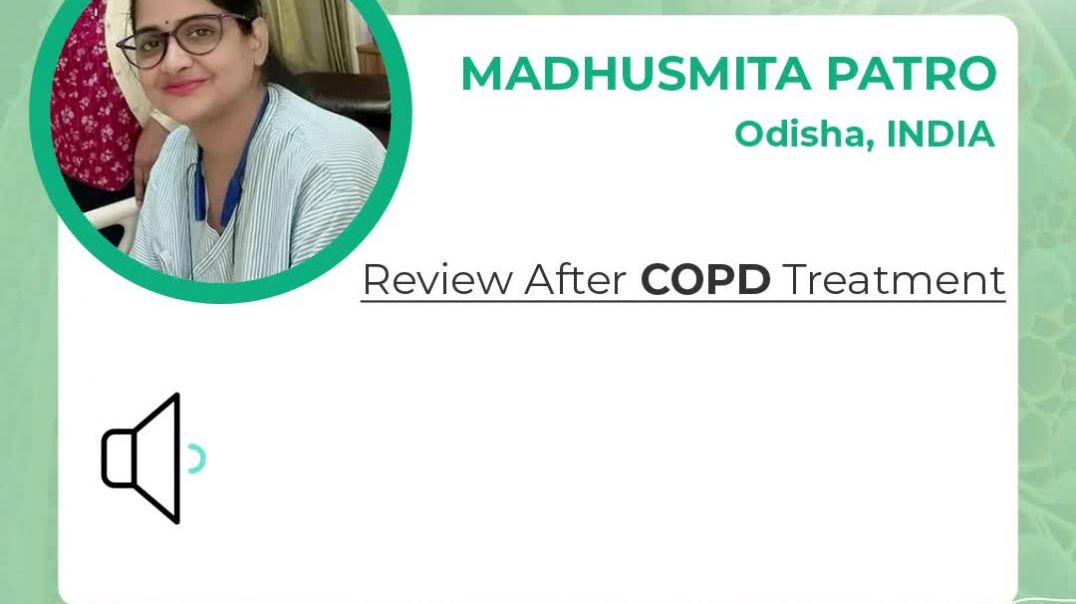The latest in Philadelphia chromosome-positive ALL (Ph+ ALL)
Prof Robin Foà talks to ecancer about the latest in Philadelphia chromosome-positive ALL (Ph+ ALL).
He begins by stating that the changes have been quite dramatic, going on to say that Ph+ ALL was the worst sub-group of leukaemias in terms of prognosis, for both adults and children. The only chance of a cure was an allogeneic stem cell transplant, when doable.
Prof Foà then goes on to explain how the incidents of Ph+ ALL increases with age. About 1 in 2 B-lineage ALL patients over the age of 50-60 years old.
He concludes by saying maybe some patients in the future can be managed without chemo or without transplant, referring to other research he adds if patients do not have additional genetic abnormalities at diagnosis or the MRD is repeatedly negative these patients will not receive a transplant even with a sibling donor. So, he hopes it can be proven that at least a portion of patients can be managed and possibly cured without systemic chemo or transplant.
Sign up to ecancer for free to receive tailored email alerts for more videos like this.
ecancer.org/account/register.php

![[ POSITIVE BLUES ] Music for a Happy and Uplifting Evening | Elevate Your Night](https://i.ytimg.com/vi/LsXfmSW86hg/maxresdefault.jpg)
![Inspiring music - motivating, uplifting, positive energy music [N°126 - 1h]](https://i.ytimg.com/vi/Gq-n_XN5oM0/maxresdefault.jpg)




















SORT BY-
I migliori commenti
-
Ultimi commenti